"Antifragile": The solution to the random black swan world!
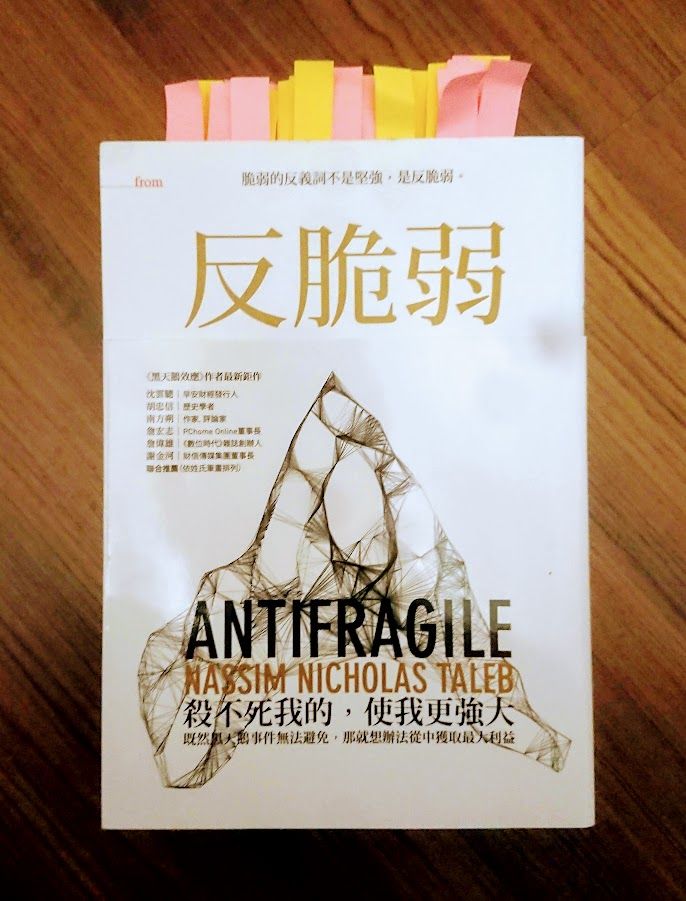
The world we live in always seems to be random and unpredictable. From the financial tsunami to the collapse of the virtual currency; from the first and second world wars to the Russian-Ukrainian war, there must be more unknowns waiting for us in the future. In the face of these black swan attacks, how should we respond? Taleb, author of The Black Swan Effect , believes the answer is "antifragility."
Let me talk about the big book "Antifragile" in 4 parts. Part 1 first introduces what anti-fragile is; Part 2 will give some "fragile" examples; Part 3 will tell you how to "anti-fragile"; Finally, Part 4 will give two examples of my anti-fragile applications .
[1. Antifragile Definition]
What do you think is the opposite of being vulnerable? Strong, sturdy? Taleb believes: neither, the answer is "antifragile" .
What antifragile? Let's look at the following package example:
Think of a package containing a fragile item (such as a glass), you would put a "Please handle with care" label in order to avoid breaking it in transit; but if it was a sturdy item, you would write "Please re-pack" on the label. fall"? Probably won't do it too much, although it is not afraid, but it is not good to fall.
Found it? If Vulnerable means being vulnerable to fluctuations (hit falls), its opposite should mean being able to benefit from fluctuations. So the basic definition of antifragile is as follows:
Antifragile refers to those things that benefit from shock and instead benefit, grow and thrive when exposed to volatile, random, chaotic, and stressful environments.
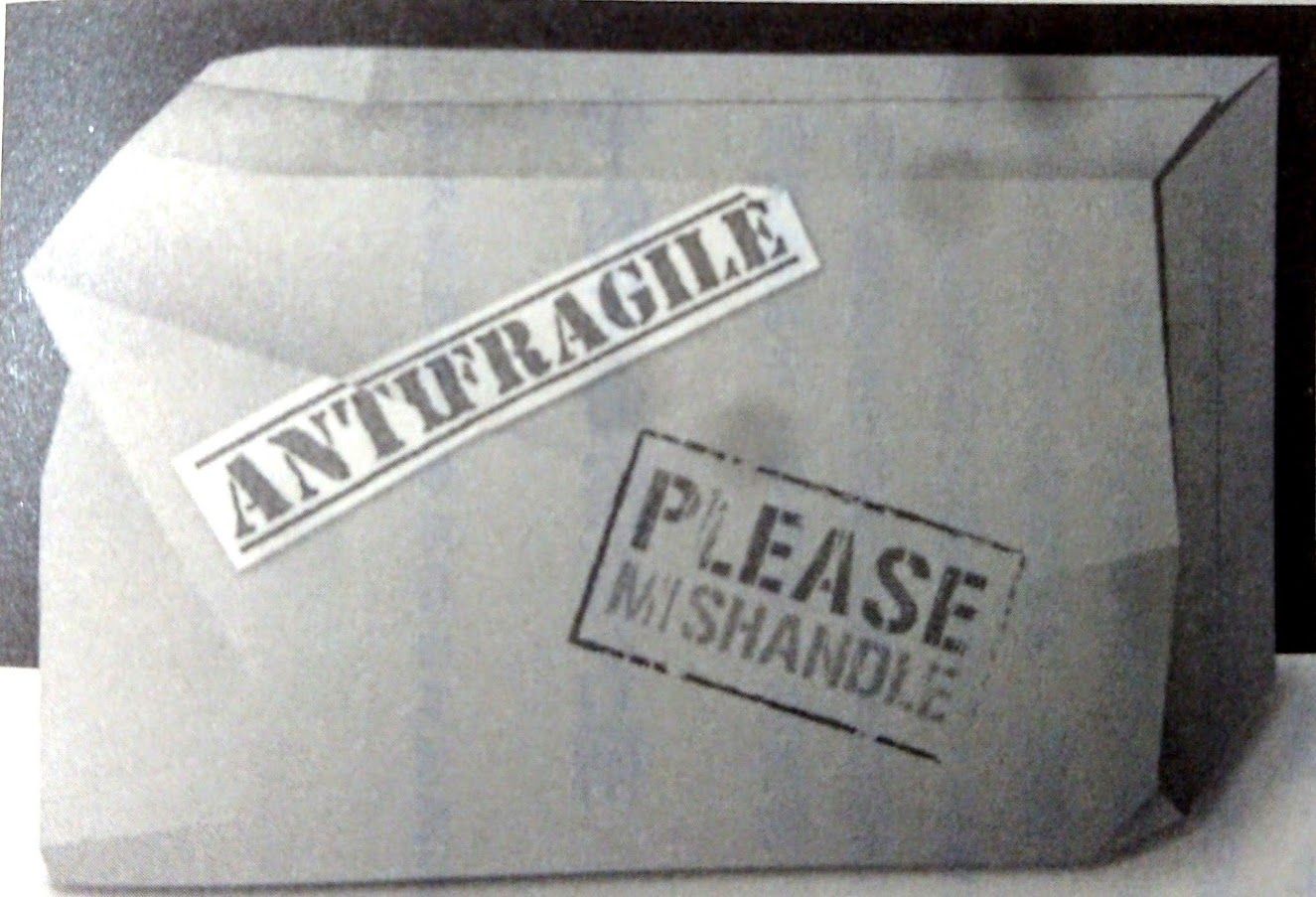
A thing with antifragile qualities, when encountering black swans (random huge fluctuations), not only will it not hurt but also benefit from it.
Based on the above concepts, Taleb divides things into 3 categories:
- Fragile <br class="smart">Fear of volatility, taking random damage.
- Strong <br class="smart">Not afraid of fluctuations, no sense of randomness.
- Antifragile <br class="smart">Love volatility and benefit from randomness.
That might still be a bit abstract. Let me give some examples. Let's start with something that is "fragile"!
[2. What is fragile]
Fragile things are afraid of fluctuations and are easily injured by black swans. Here are four common vulnerable nouns.
[1. Theory]
Many things that claim to be theoretical are actually fragile. We often think that knowledge evolves along the following logic:
Academic → Applied Science and Technology → Practice
But Taleb found that, with the exception of certain exceptions (such as the atomic bomb), where this model applies, the converse, the transition from practice to academics, seems to be more common in many cases.
For example, did the Wright brothers first precisely define the principles of flight before designing the aircraft? No, their planes are the result of a lot of testing, failure, and tweaking. In fact, even with the development of aviation technology, there are still different opinions on why the flight principle of the aircraft is.
As Taleb said, birds don't need to know the principles of flight to fly. Theories are often just castles in the air.
Theories are rather fragile; they come and go, come and go, and come and go; phenomena remain.
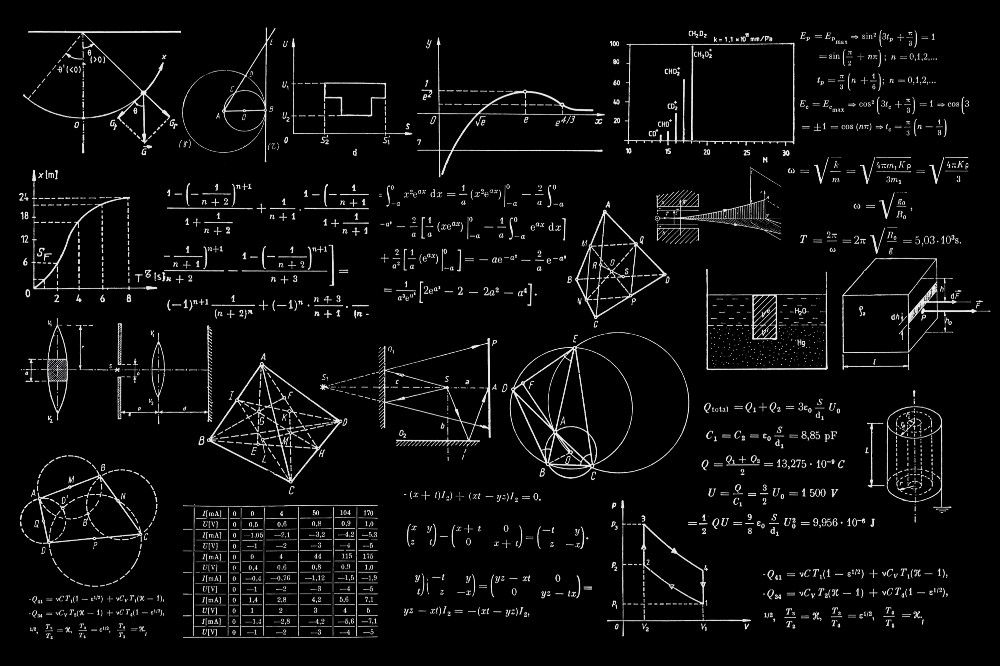
[2. Prediction]
Theories are often accompanied by another fragile word: prediction . People like to predict, to use various theories to explain phenomena, and to understand the future.
Taleb, however, believed that theory was the prerogative of "physics." Even Newton's theory of gravity has been proven not so correct. In most situations you and I encounter (such as when a baseball lands from your hand) it is predictable.
But in other fields, the theoretical predictions are less responsive, such as economics. People always want to use various theories to predict the future stock price of the company, the rise and fall of the national currency value, and the rise and fall of the price of raw materials, but people often do not want to. like Charlie. Munger criticized professional fund managers who claim to be able to help clients manage risks, and their performance is not as good as that of the broader market .
To make matters worse, people like to intervene further based on predictions. The book strongly criticizes Greenspan 's 2007 economic explosion in order to eliminate the "cycle of prosperity and decline". Simply put, both theory and prediction are vulnerable to swans, and attempts to interfere often make the situation worse.
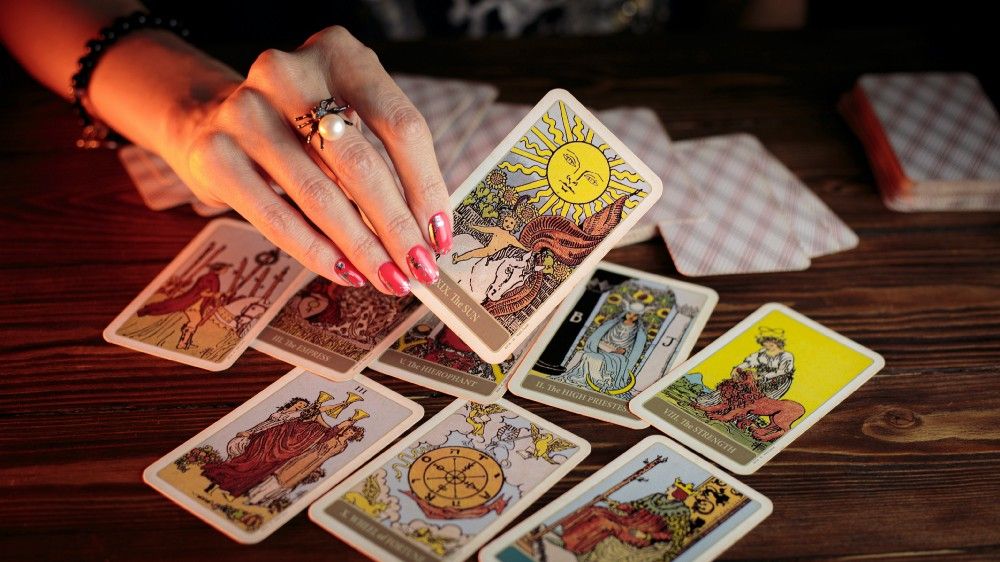
[3. Efficiency]
Another seemingly beautiful but fragile thing is efficiency. Many people like to talk about "optimization", but they don't know that this is quite dangerous. Efficiency is like the tightest string. At first glance, the streamline is sharp, but it will break with a little pressure.
Everyone should have experience driving a car. In order to have "efficiency", you calculate the time for walking, driving, and buying tickets along the way, and then go out at the last minute. As a result, the elevator suddenly breaks down, the road is full of red lights, or there is a long queue at the ticket gate...just a little accident (fluctuation) can make you lose all your efforts.
Another example of fragile efficiency is the unified centralized system. This top-down system looks efficient at first glance, but it is actually very afraid of fluctuations, and it is difficult to correct once a mistake is made. Judd. Dimon mentioned in "Guns, Germs and Steel" that the Ming Dynasty once had the world's leading ocean-going technology, but it failed to continue to develop due to the sea ban policy. As a result, China missed the big voyage opportunity, and Europe was able to overtake the curve.
Likewise, globalization is quite fragile. At first glance, the theory of division of labor in the global village can improve efficiency, but when it encounters a black swan, the problem will snowball . Everyone should feel this pandemic.

[four, new]
"New" is rather fragile. People always like to pursue the latest information and trends. Many people even have FOMO (phobia of missing out) , the fear of not being able to keep up if they miss out. But most new things don't stand the test of time, like those pre-.com bubble swashbuckling companies under the name of the Internet are a good example.
The same goes for a lot of information. A "new" news is often accompanied by a lot of noise, it is difficult to distinguish the true from the false, and blindly absorbing it will cause harm. Even relatively rigorous academic research has this problem. For example, the insulin hypothesis , which has been very strong for several years, has been challenged many times recently.
Taleb bluntly said that many things have the Lindy effect , which means that things that have existed for a long time will survive longer than new things in the future. Like the forks and ballpoint pens we use now, they are almost the same as in the past, and are likely to continue to be used.
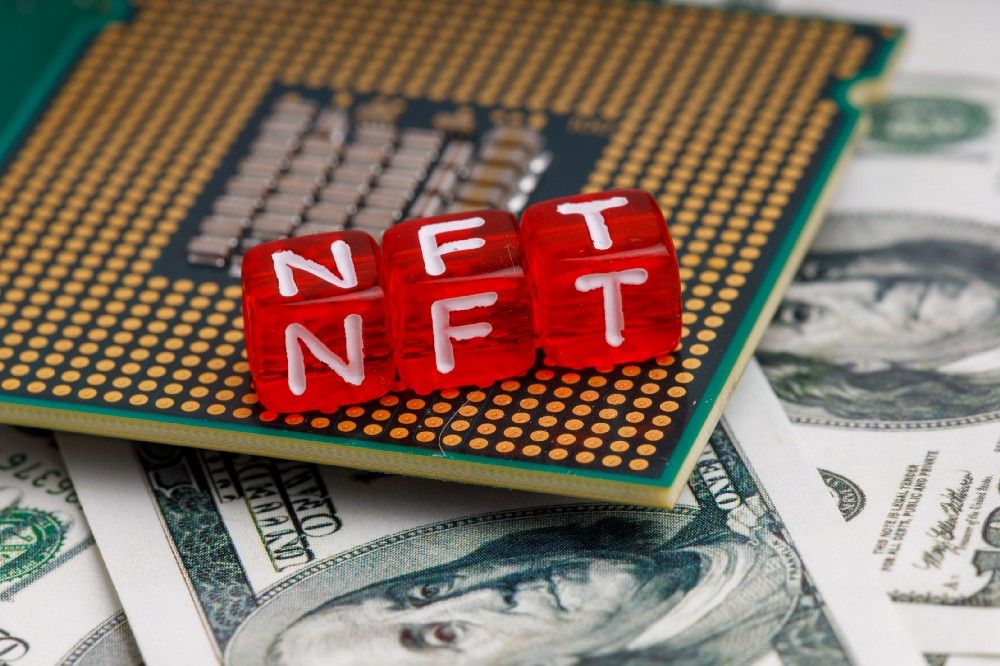
To sum up the above, if someone says that he has a "new" "theory" that can accurately "predict" and "efficiently" help you (make money, lose weight..., please fill in by yourself), then 80% of it is a lie fragile stuff.
Okay, now that we've talked about fragility, let's talk about antifragile methods.
【3. How to Anti-fragile】
What can be done to "anti" fragility? The following five methods are available:
[1. Trial and error repair]
The first way is to use trial and error. A lot of things actually take the form of a loop like this:
Random Patching → Heuristics → Practice and Learning → Random Patching → Heuristics Heuristics → Practice and Learning…
Rather than be superstitious about elegant theoretical formulas, it is better to keep making small attempts, fail fast, and fix quickly. Failure is not terrible, as Nietzsche said: "What doesn't kill makes you stronger." Just like lifting dumbbells to stress your body builds muscles, moderate "injury" can even help you thrive.
The excess energy released from overreacting to failure is innovation!
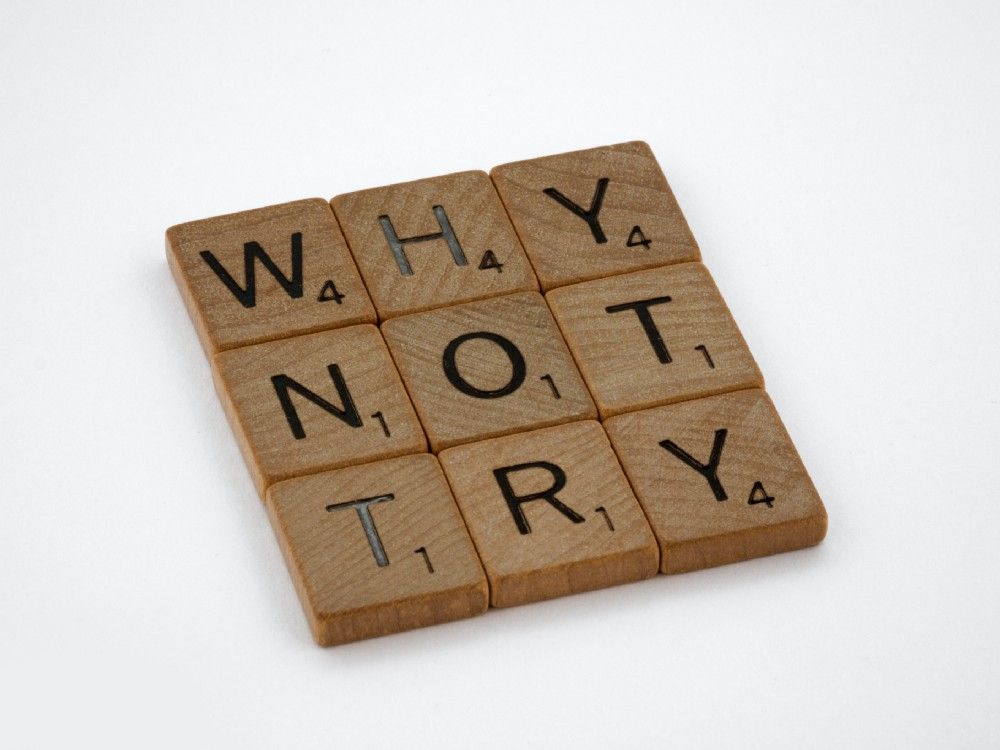
[2. Embrace randomness]
It is impossible to predict a black swan (if you can, it is not called a black swan). Instead of delusional prediction and control, it is better to enjoy the various possibilities brought about by randomness. The trial and error method mentioned above is a process of playing with randomness.
If I could predict exactly what I would look like in the future, I would feel like putting one foot in a coffin.
In addition to avoiding meaningless predictions, we should also be careful not to over-repair and interfere. Emotions, for example, are a good example. Taleb noted that the Stoics were "adapting" rather than "eliminating" their emotions. Every emotion has a need (even melancholy). This coincides with the notion I read earlier in Emotion Unlock .
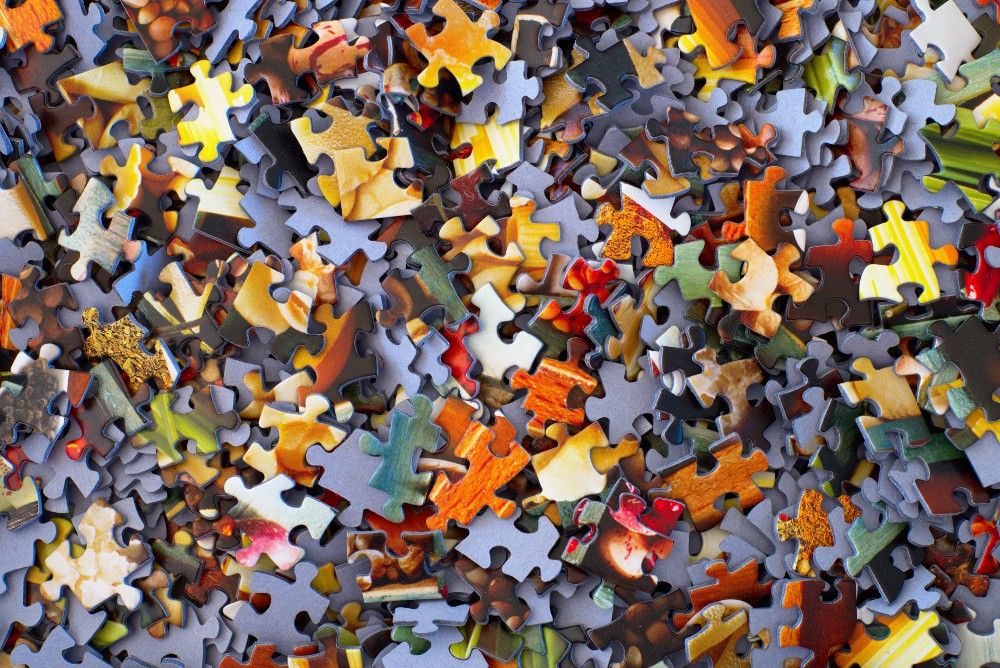
(3. Keeping a reserve)
Efficiency, as mentioned above, is fragile. To be antifragile, we need to be inefficient, or more precisely, we need to create a "reserve".
As the saying goes, be prepared. As smart as nature always likes to over-insure itself (eg humans have two kidneys). This excess and inefficiency may seem wasteful at first glance, but it is the key to getting you through the black swan. For example, if I save my manuscript during consecutive vacations, I can still update the article during the sudden overtime hell week.
Diversified dispersion is also a good backup model. Judd. In "Yesterday's World", Dimon mentioned that farmers in the Andes region of Peru farm on an average of 17 plots of land, which are far away from each other, and it is always a waste of time to go back and forth. This has left many experts wondering: why not concentrate the fields and improve efficiency?
In fact, under the condition of scattered farming, even if the harvest of some fields is not good, you can still rely on other places to survive; on the contrary, if you press one place alone, even if you can eat a bumper harvest, as long as the harvest is not good in a certain year, there will be while starving. What Peruvian farmers care about is not efficient production, but survival in times of volatility. This is the wisdom left by their ancestors.
Similarly, democratic politics is relatively unified and autocratic. At first glance, due to the diversity of opinions, it is inefficient in policy implementation. But this bottom-up mechanism is more organic and anti-fragile. The book mentions that countries like Switzerland, which are composed of small municipalities, are better able to cope with fluctuations and become the most stable government.
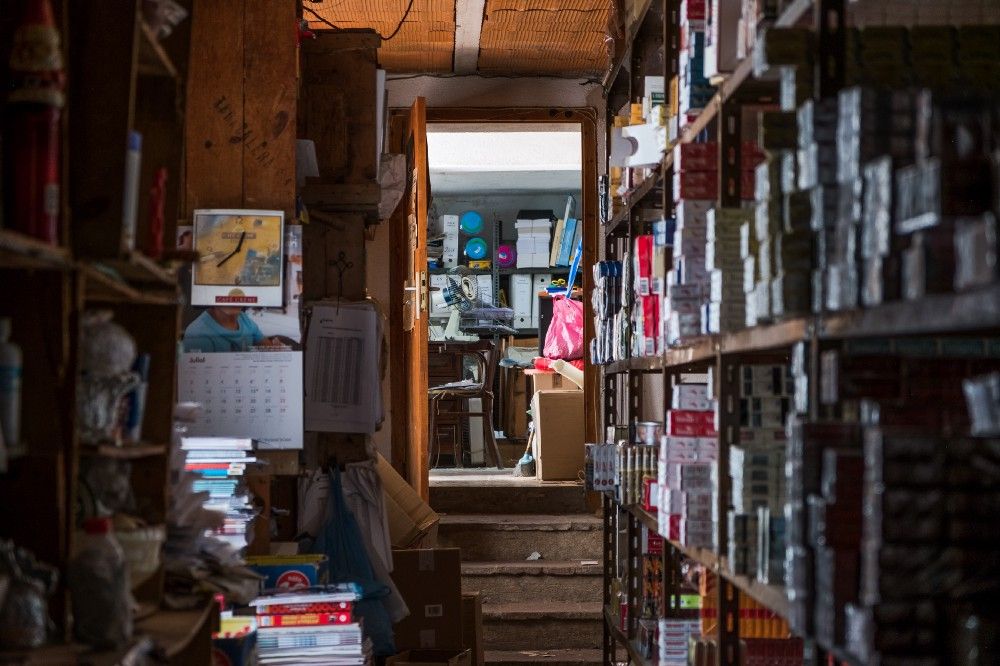
[4. Time to hand over]
Since new things are fragile, antifragility is very simple, that is, "let the bullet fly for a while". As the poet Caios said in the sixth century BC:
Time has sharp teeth that destroy everything.
In the face of new information or new technology, don't worry about not investing or missing the trend. Like Miula of "Tech Giant Decoding", he has repeatedly mentioned that although cryptocurrencies and NFTs are good applications, most projects now will be worthless in the future. A better practice should be to hold a small amount and slowly observe and learn. If you give it time to wash it, you can see it more clearly.
Taleb used time as a filter in his book selection. Many new books appear earth-shattering at first glance, but in fact have not stood the test of time. And many books that have existed for thousands of years (like the Bible) are still read by people. As he said:
Books that are only on the market for a year are usually not worth reading.
I am also very impressed with this. If I want to buy a new book, I will do a lot of research and review the reviews and read it myself; but if it is an old book, I usually buy it directly. For example, I recently saw a new library version of "The World Ends Like This" by Coma in Sanyu . After checking it, I found that it was a work from 1957 and brought it back directly. After reading it, it is really exciting, and I have the opportunity to introduce it to you again.

[5. Use a barbell]
Finally, let’s talk about a recipe for uncertainty: the barbell strategy .
The barbell strategy means having two extremes, not staying in the middle, like the ends of the barbell. An easy way is to hold a combination of high risk and low risk .
Low-risk positions show strong characteristics to black swan events, neither benefiting nor harming; high-risk positions face randomness and enjoy all possibilities (both good and bad). Taleb recommends setting the high-low risk ratio to 1:9, so that even if all the high-risk parts are lost, it will not hurt, but as long as you encounter a positive black swan, you can soar to the sky.
Antifragile thus has a more technical definition:
Anything that can gain more upside benefits from random events (or several shocks) than downside losses is antifragile; otherwise, it is fragile.
Let's take an example. For example, you can spend most of your time in a stable job and take riskier endeavors in your spare time. As the book says, errands and writing are good barbells. For example, Kafka was employed by insurance companies, and Spinoza was in the business of grinding lenses. Looking at it this way, my current semiconductor industry and blogging don't seem to be a good combination (laughs).

【4. My application】
Finally, I would like to cite two of my own applications in this paragraph to make you feel more.
[1. Time management]
When many people think of time management, they think of scheduling. In the past school days, I also liked to plan a full reading schedule (such as mathematics at 9-10 o'clock, physics at 10-11 o'clock...). This looks neat and efficient at first glance, but is actually extremely fragile. For example, as long as he is suddenly caught and played, the watch plan will collapse completely, and he will never be able to catch up again, which makes him feel guilty.
And this method doesn't work even more after work. The semiconductor industry is like a lottery draw every day. The off-duty hours are random and irregular, and advance planning is often impossible to implement. When I found it insufficient, I began to read a lot of time management books and learned various methodologies such as GTD and to-do list.
But even though these theories look great, they don't always fit well in practice. After a long period of groping and testing, I gradually found a convenient mode. Now I use a more flexible approach, setting a few things I want to accomplish every day and sorting them in a simple order. If you leave work early, it’s great to be able to complete all of them; if you’re unfortunate enough to work overtime, you can choose to do what you can, and don’t force it.
And this applies to the concept of antifragility. Rigid schedules or overly systematic methodologies are not the answer to time management. Clarifying what you really care about and maintaining flexibility in execution is the way to go.
(2. Writing)
When I first started writing, I found that each essay took at least 5 hours to produce. Feeling very inefficient, I began to look for a more "optimized" way, and learned a lot of article structure or writing SOP.
But then Vaki of " Reading Sentinel " told me that he used freehand writing and that the secret to being prolific was simply to use as much time as possible to write. That's when I realized that there are no formulaic shortcuts to writing. Many times I don't even know what this article will look like without writing. As Taleb said:
Writing is only valuable if it gives us the throbbing sense of adventure.
My writing now is a relatively organic process, adjusting while writing, mixing free writing, paragraph collage, and reordering. Even what appears to be a coherent essay in the end is actually quite chaotic at the moment of writing. Here is a draft paragraph of this article for everyone to see:
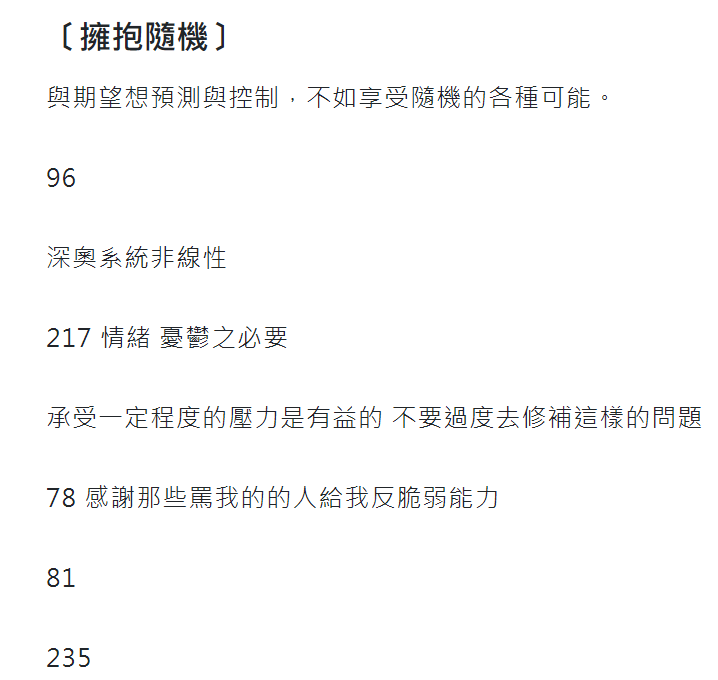
From the above examples, it can be found that things that are dead, mechanized, and immutable are often fragile; changes, organic, and self-healing forms are more antifragile. You can also use this principle to practice antifragility.
【Summarize】
Come to summary time. First of all, we learned that antifragile refers to the characteristics that like volatility and can benefit from stress; be careful to brand theory, prediction, efficiency, new things, because they are often fragile and vulnerable to black swan damage; antifragile can Use trial and error to explore, embrace random possibilities, keep spares as much as possible, make good use of time as a filter, and take risks with barbell combinations.
【Postscript: Push Book Engine】
This is the second book I plan to reread this year. The second brush after many years is still enjoyable. With the accumulation of more time, many things are more enjoyable to read.
I love Taleb's take on the central thesis in the epilogue. He believes that the central argument is not a summary, but more like an engine. Like his friend Shay's arguments for the book are organized as follows:
Everything benefits from volatility or suffers losses. Vulnerability refers to losses that occur due to volatility and uncertainty.
This book uses this simple concept to spread and touch various fields, and it has become a huge book of 600 pages. Some people may find Taleb's writing style too sloppy and unsystematic, but I think it reflects the antifragile qualities he doesn't want to theorize.
I think instead of simply summarizing the contents of the book, it is better to use the concept of this book as a "fragile reagent" to judge whether the situation you encounter is afraid of fluctuations and is vulnerable to a black swan.
When I reread it this time, I suddenly realized that the recently popular one, which claims to let you absorb the essence of a book in X minutes, is essentially the product of oversimplification for efficiency, and it is quite fragile. Reading should not rely too much on the tailoring and interpretation of others, feeding the selection of books, but cultivating one's own taste. As Taleb said:
When choosing what to read, it is very important to follow your own direction: in school, I have forgotten what others have asked me to read; I have decided to read myself, but still remember.
In the article " My Reading Journey ", I said that I don't want my experience to be just a summary of the content, but to be able to attract readers to travel and explore the book like sharing landscape photos. After reading "Antifragile", I hope that my writing can be like an engine, arousing everyone's desire to explore the unknown.
I wish everyone can find their own antifragility in the exploration of reading.
Articles you may also be interested in:
- "30 Problems of Time Management": The task is always uncertain? You need a more "human" approach!
- Creative Power: Pixar's Idea Technique!
- "Writing is the best self-investment": the practical writing skills of millions of public account traders!
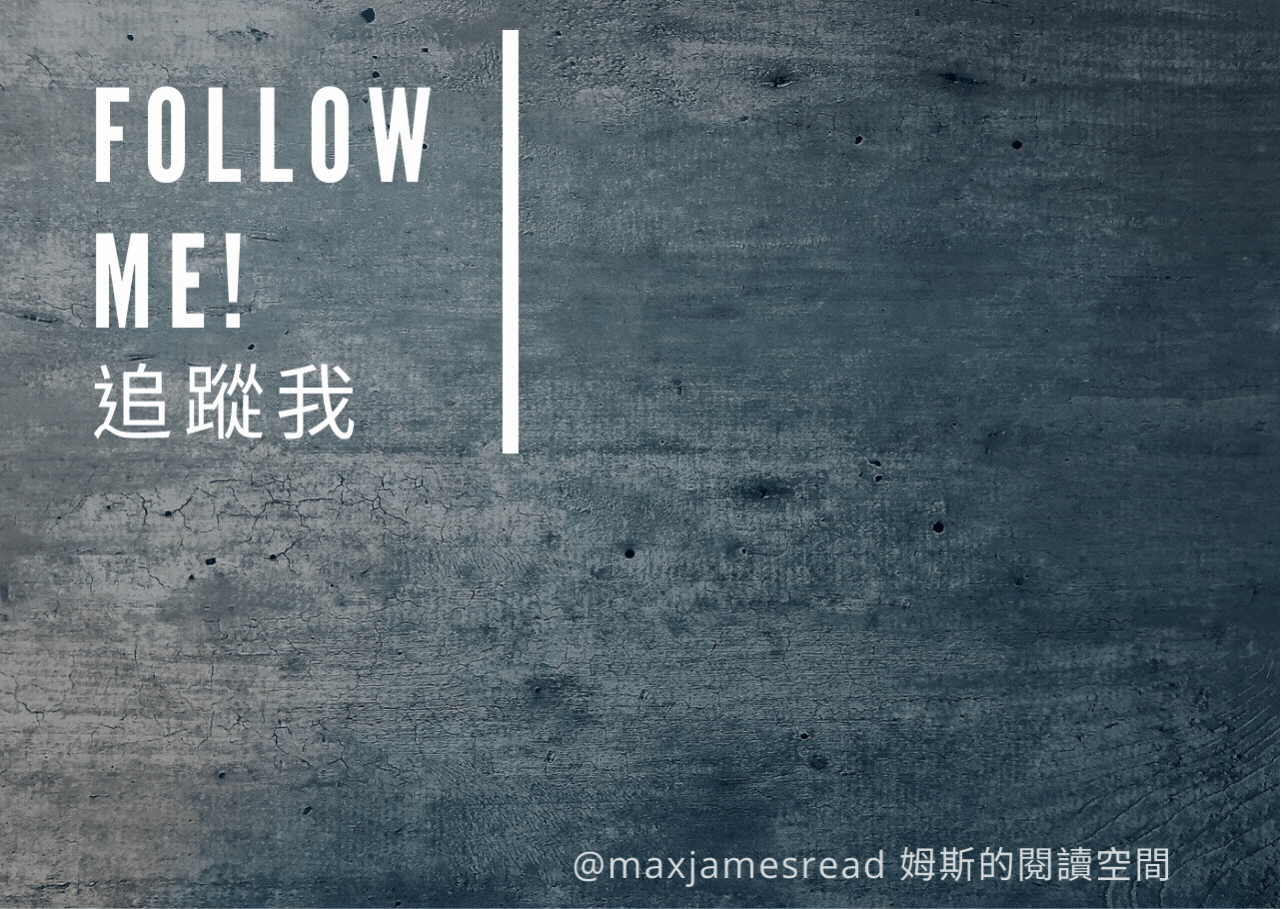
↓↓You are also welcome to follow the Facebook and mourning of "Mrs's Reading Space"↓↓
James' reading space FB
James' reading space IG
Like my work? Don't forget to support and clap, let me know that you are with me on the road of creation. Keep this enthusiasm together!


- Author
- More